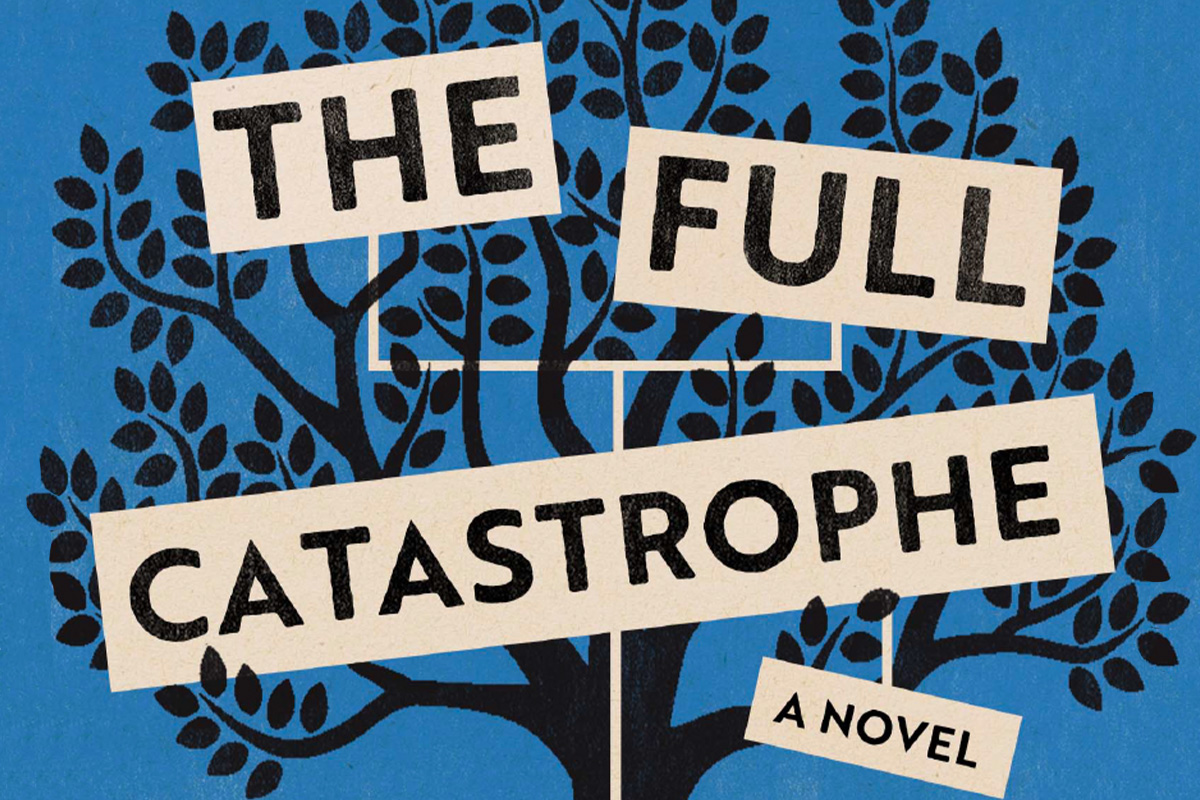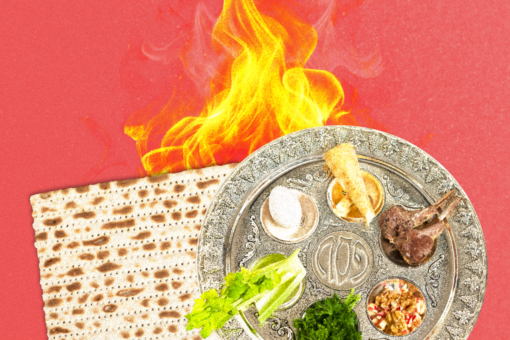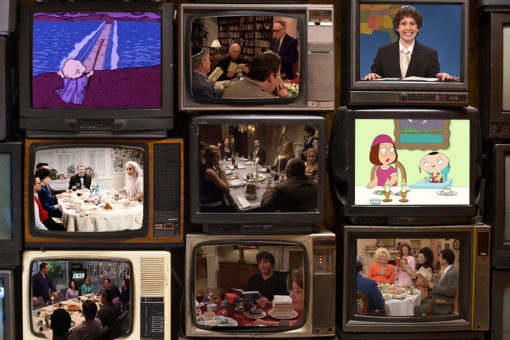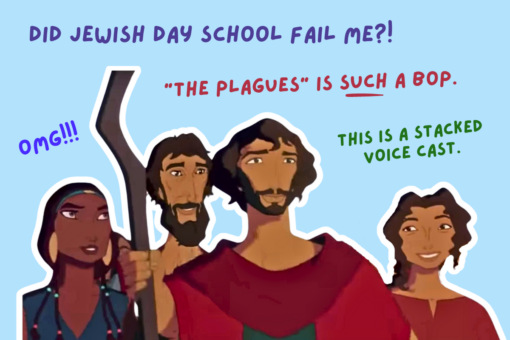Aren’t we all just trying to figure ourselves out?
In “The Full Catastrophe,” a new novel from Jewish Canadian author Méira Cook, Charlie Minkoff is giving it his best shot.
Charlie is a Jewish 13-year-old boy with intersex traits. His eccentric artist mother is often away, his classmates reject him and he’s not quite sure why his father left — but he’s an eternal optimist. This might be because Charlie’s biggest role model is his zeide, 90-year-old Holocaust survivor Oscar Wolf Minkoff.
Despite the 80 years between them, Charlie and Oscar are best friends and lifelong confidants. “The Full Catastrophe” is the story of their boundless friendship and the quirky set of characters in their community.
When Charlie learns his grandfather never had a bar mitzvah because of the Holocaust, the two end up organizing a joint ceremony, a b’nai mitzvah. As Charlie prepares for his own formal coming of age, he has to confront his uniqueness, learn to take his zeide’s advice and become the “first-person narrator of his own story.”
I sat down with Méira Cook to learn more about the inspiration behind the novel, writing about intersexuality, her own Jewish identity and becoming the hero of your own story.
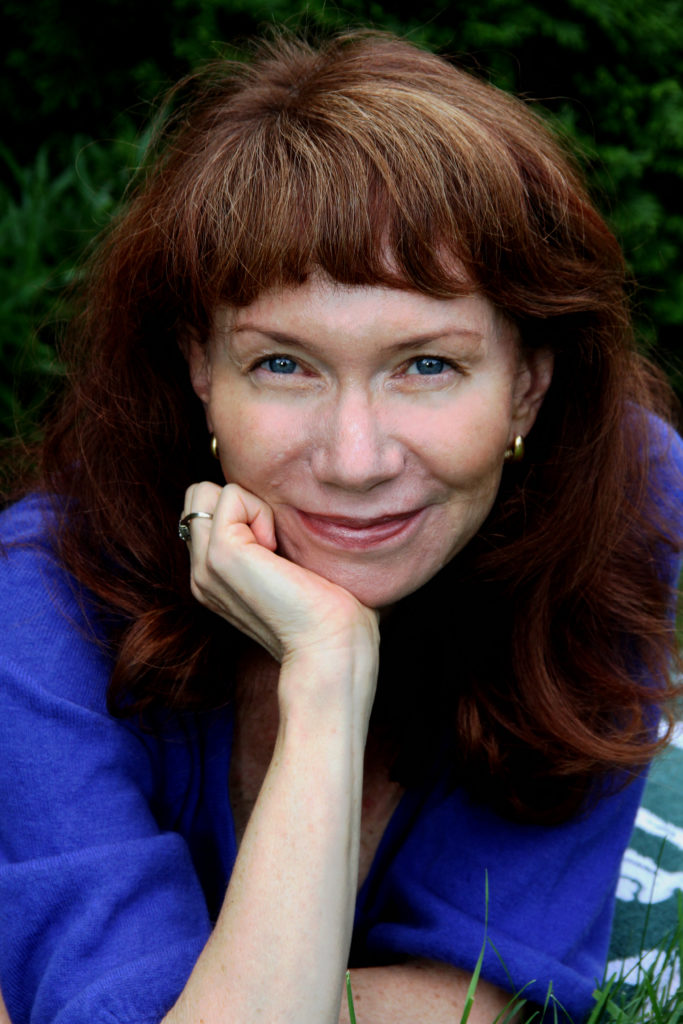
This interview has been lightly edited and condensed for clarity.
What inspired you to write “The Full Catastrophe?”
It’s a story that I wanted to write about men and the different ways that masculinity is expressed in our contemporary world — whether religiously or socially, medically in some cases, familiarly — as well as the troubling ways in which history intersects with the present tense.
In order to do that, I really wanted to write about a loving relationship. So, I had these two characters: Oscar, who is a Holocaust survivor in his 90s, and Charlie, who is 13, on the cusp of manhood, and has a complicated narrative trajectory in life because he has intersex traits— which, I hope, is not the most important thing about him. In fact, it’s the least important thing.
I wanted to write about the love between these two characters, who are each other’s best friends and lifelong confidants, and how surprisingly tolerant Oscar always is towards Charlie, given what we understand to be the kind of stodginess of old age.
Masculinity is a really interesting concept within Judaism. Did you do any research on that while writing?
I did a little bit. Mostly, I did research on intersexuality. I read a lot of articles by liberal reform rabbis about intersexuality and how it was something that they were welcoming into their congregations.
This novel began for me many years ago when a friend of mine, who was an observant Jew, told me that he confided in his rabbi about his transition. His rabbi had been very welcoming of him as a congregant, but subsequently disallowed him from reading from the Torah— which is a privilege reserved strictly for men in the Orthodox observance. My friend was allowed to sit on the male side of the synagogue, but was barred from reading from the Torah. I felt that this was really nuanced. I was fascinated by how Orthodox Jews applied such a complicated set of legal criteria to issues of gender and identity.
What other research did you do on intersexuality?
I read a lot of conference papers, medical papers, memoirs and autobiographies of people who had lived with different sexually unique qualities. At one point, I misread them and had to be corrected by a colleague. But I tried my best because I wanted to understand. I was writing about intersexuality from the point of view of a heteronormative woman, and I was aware of this sense of being, in some ways, an intruder. But I thought it was important to continue because I wanted to write about intersexuality in a way that wasn’t spectacular. I was writing about someone who is trying to find their own story, and their story isn’t necessarily the one that everybody wants them to tell, which is the story about their intersex traits — it’s the one that they have to discover.
We meet a really vibrant cast of characters in “The Full Catastrophe”: Charlie’s artist mom, Zeide Oscar, the elderly neighbors and even his nagging dog. What was your thought process in developing this community?
It was very important to me that Charlie be surrounded by people who don’t necessarily understand him in the ideal nuanced and politically correct way, but who, nevertheless, give him their serious attention.
You said you felt like an “intruder” at times while writing this story. How did it feel to write about the Jewish community as an insider, but about the intersex community as an outsider or an observer?
I guess I’ve always been a bit of an outsider. First of all, I came from Johannesburg, South Africa to Winnipeg. And also, because I’m a writer, I think all writers and artists feel somewhat like this. If you’re not in the center of the community and you’re not someone who’s lived in Winnipeg all your life, then you can sort of stand back and watch things. And I hope I watch them in a loving and creative way.
Why did you choose to make this a Jewish story?
I wanted to write about the collision of religion and acceptance and tolerance.
You know when you’re walking down the street and you see a Saint Bernard and then you see a little poodle or a Maltese? You think: They are all genetically dogs, and yet they look so different.
That’s kind of how I see Judaism. There are so many different ways of being a Jew in the world. And that’s the thing — we have to find a way to live within that coat. But what happens if the way that your beloved grandfather finds importance somehow collides with who you are, through no fault of your own?
Can you talk about your own relationship to Jewishness and Judaism?
I live in Winnipeg, but my husband’s family is in Calgary and mine is in South Africa. So, we had to figure out a version of Judaism that could be meaningful to us without our families nearby. We had to make a place for ourselves at the table of Judaism, and we did that through interpreting things in a lighthearted and joyful way.
I’ll give you an example: My family always has our first Passover seder with friends. Our second one is just the five of us, and we always have a pajama Seder. Nobody likes getting dressed up in our family, so we all just come to the table in pajamas. The idea is that there was no time for the Jews in Egypt to get dressed; they would have been in their pajamas. So, let us sit down in our pajamas and talk about the things that make us feel free, the things that have given us a sense of authenticity in the world.
Who do you hope will read “The Full Catastrophe?”
My favorite types of readers are the ones who write to me and tell me about their own grandfathers. I’ve had so many people writing and saying: “This Oscar was so wonderful, he reminded me of my dear grandfather,” or others who say, “Where did you get this stuff? My zeide was not like that at all.”
This book is really a coming-of-age story, but it has different aspects that I feel might pique different people’s interest. I would just love it to be accepted and honored by the Jewish community, in the spirit of love in which it was written.
I never have a sense of my audience. But I do have a sense of how it was written, and it was written with love and fondness for the people that I’m writing about.
